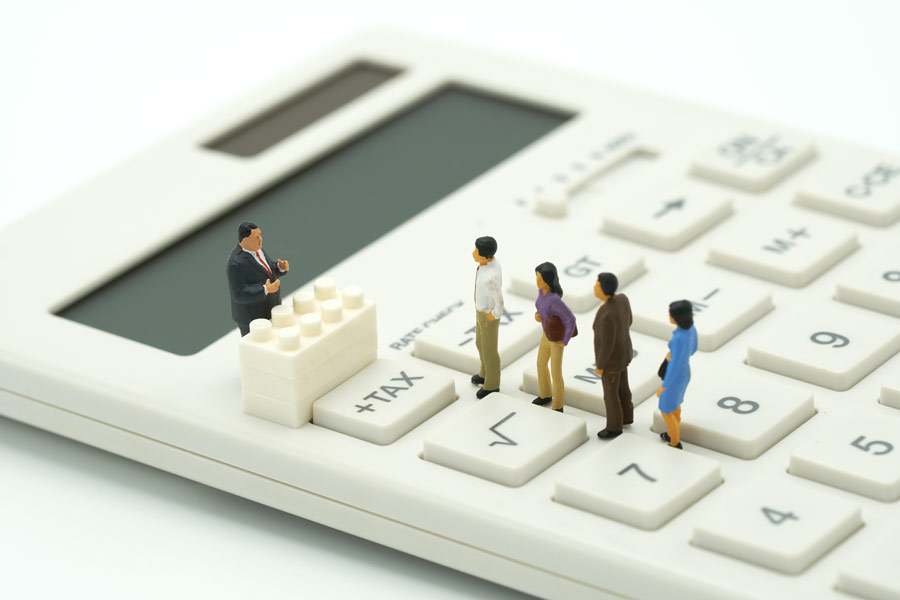I WANT
RELATED LINKS
I WANT
RELATED LINKS
RELATES LINKS
I WANT
RELATES LINKS
Services
Related Links
Use and Management of Cookies
We use cookies and other similar technologies on our website to enhance your browsing experience. For more information, please visit our Cookies Notice.
- Personal Banking
- Stories & Tips
- Tips for You
- Nobody knows where you go after you die, but you will be taxed there
- Personal Banking
- ...
- Nobody knows where you go after you die, but you will be taxed there
Nobody knows where you go after you die, but you will be taxed there
26-03-2019
A column by TAXBugnoms
Hi-Light:
- If you die during the tax year, your income becomes part of what's called 'the estate of the deceased'. The new status means that, even though you are dead, you will still be taxed on any income for the rest of the year you died in.
Many people know that Benjamin Franklin once said, ‘nothing is certain except for death and taxes’. In today's column I will explain this phrase in relationship to the Thai tax system.
First, let's take a look at an example: Mr. Bugnoms is a salaryman in a high position at his office, with an income of around 100,000 baht. He also has income from a property rental of around 50,000 baht per month.
He’s married with one child and he takes care of his family very well. Such a good guy!
But then many people also know that the good usually die young, and Mr. Bugnoms, who was working overtime to make a tight deadline, suddenly had a heart attack and passed away at his desk. His dead body was discovered early the next morning by his boss, and now people he used to work with never say, 'hard work never killed anyone'.
No one can answer all the questions about where Mr. Bugnoms went after death, but we certainly can answer a few questions about how he will be taxed while he is there.
Let’s figure out exactly who is required to pay income tax. If we search Google, the top result comes from the Revenue Department's website. There it states that people and organizations with any of the following statuses must pay income tax:
- Ordinary persons
- Ordinary partnerships or non-corporate bodies
- People deceased during tax year
- Undivided estates
- Community enterprises under the Community Enterprise Promotion Act (including ordinary partnerships or non-corporate bodies)

Most people can easily understand that number 1, ordinary persons, means regular individuals, which is pretty much everyone who is currently alive.
But number 3, where we find the word 'deceased', scares most people when they read it. It means that Mr. Bugnoms, who has passed away during the year, still must pay tax in his name, but under a new tax status. So, even if you die, you still must pay income tax!
But if Mr. Bugnoms is dead, he will not be getting a salary any longer. Does this mean that he actually does not have to pay tax? The answer is not so simple because, even after he died, his property may still be making money, and his wife and child have not inherited this land just yet. This means that Mr. Bugnoms' dead body is still taxed under the status of item number 4: undivided estates.
Can you see now that tax matters can not be taken lightly? Be sure to make regular tax payments for yourself, your dead self and on property that has not yet been given to your heirs.
So, does this mean we should not leave an inheritance and only earn enough money to live from month to month in order to be happier and avoid tax worries after we die? I am not really sure.
But I am sure this is the only way to live that will allow us to, someday, truly rest in peace.
